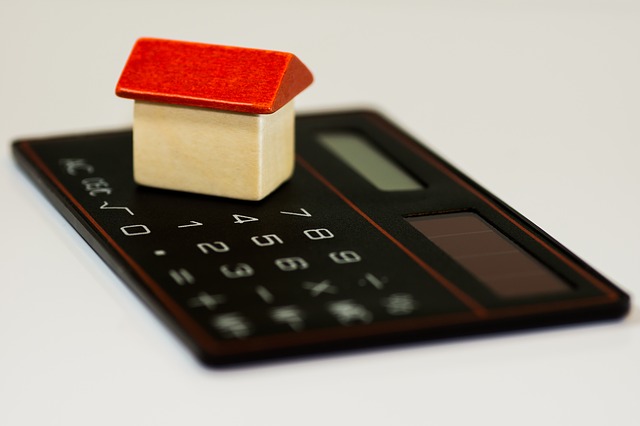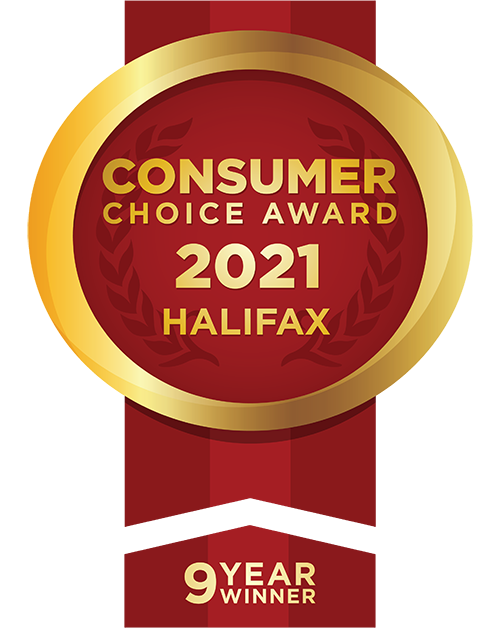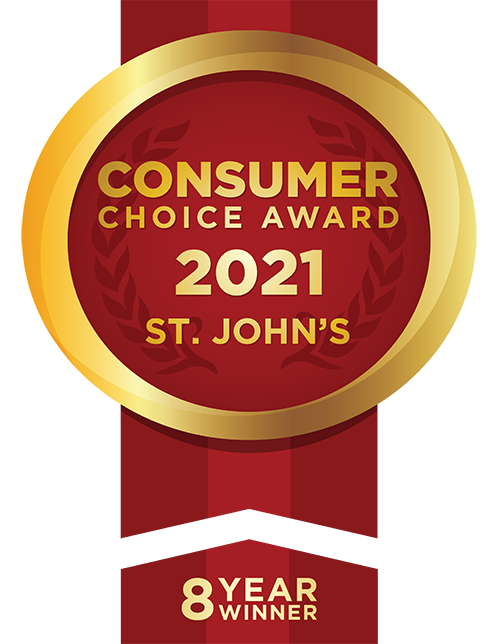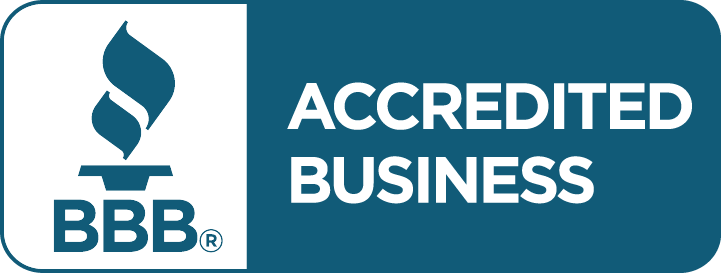Many Canadians dream of owning their own home but might think it’s out of reach for them. However, the reality is that many people can afford a mortgage, and oftentimes, a mortgage payment may even be lower than a rent payment.
Once you’ve saved your down payment, you should start investigating how much mortgage you can afford to take on in Canada. The number might surprise you. Let’s take a deeper look at how financial institutions evaluate the amount of money you can borrow for a house.
Salary: Your income plays a major role in how much of a mortgage you can qualify for. You’ll need to show that you have a steady income for at least the last six months to two years. You can demonstrate this by showing your annual Notice of Assessment, monthly bank statements and/or a letter from your employer. Some banks may want to see all three.
Other Income: If you’re self-employed, a freelancer, or work in a cash realm like a restaurant, proving to a bank that you have a steady income can be more challenging. However, that doesn’t make it impossible. If you’re making consistent deposits into your bank account from your work, you should be able to demonstrate a steady income through pay stubs. You will need to have at least two years of self-employed income to demonstrate that your business is successful. Showing annual tax statements can demonstrate that you have consistent income. Additionally, contracts with clients can help prove that you have long-term income coming in.
Debts: What does your debt picture look like? Banks will definitely consider how much debt you have before deciding how much money to give you, if any at all. Your total debt load should not be more than 44% of your gross income. This includes your total monthly housing costs plus all of your other debts. This percentage is also known as the total debt service (TDS) ratio. The more debt you have, the less money you will qualify for.
Try and pay down as much debt as possible before seeking out a mortgage. Debts include things like credit cards, lines of credit, student loans, child or spousal support, and car loans, so if you’re in the market for both a car and a home, it might be best to hold off on financing a car until you’ve secured your mortgage.
Credit Report: Before you undertake the mortgage application process, it’s also wise to review and clean up your credit report. This could potentially take several months, so don’t leave it tothe last minute. Make sure that all the information on your credit report is accurate, and that old accounts or errors are removed by all three main credit bureaus. If you have a bad credit score, you may not qualify for a mortgage, so take time to improve your credit score over the coming months to ensure you’ll be able to qualify. Learn how to fix bad credit in Canada.
Recurring Expenses: Another thing to consider when figuring out how much mortgage you can afford is what your recurring monthly expenses are. Be careful to include every expense, including your gym membership, cable and Internet, cell phone, car insurance, food, and whatever else you pay for each month. Tally these expenses up and make sure you are giving yourself an honest picture of what your financial situation looks like before you go through the mortgage application process.
Down Payment: Ideally you would have already started saving for a down payment before shopping around for a mortgage and a house. Keep in mind there are rules in place as to how much you have to put down, dependent on the price of the home.
For homes that cost up to $500,000, the minimum down payment is 5 per cent. For homes that cost more than $500,000 and less than $1 million, the minimum down payment is 5 per cent of the first $500,000 plus 10 per cent of the remaining balance. For homes that cost $1 million or more, the minimum down payment is 20 per cent.
The amount of money you have for a down payment will have an impact on the price of the home you can buy. Consider this carefully, because if you’re buying a fixer-up house then you can’t use all your reserves to put down on your home. If this is the case, then you may need to save up for a couple more months until you have the money you need to make the repairs necessary to make your home livable.
Finding out how much mortgage you can afford really surprises some people; many others see how much they want and what they can afford and realize they aren’t quite ready. However, if you keep up with your savings and keep extraneous spending down, you’ll be a homeowner in no time!
For more information on budgeting or saving for your new home, contact us today. We’d be happy to give you advice on reaching your dream of home ownership.











